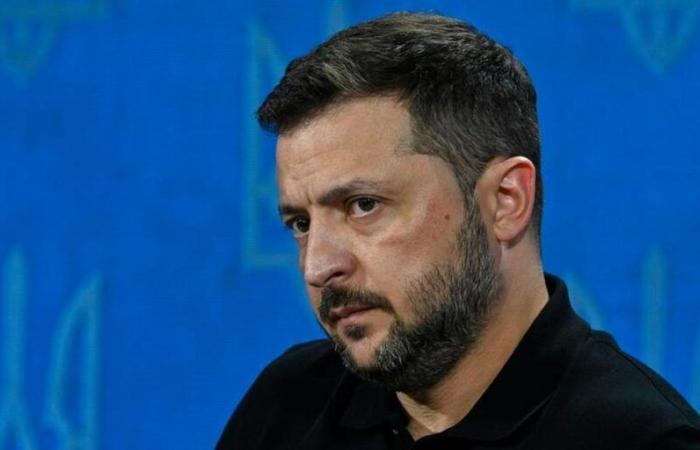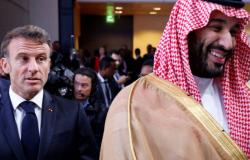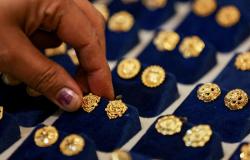He was speaking after a meeting with the new head of European diplomacy, Kaja Kallas, and the new president of the European Council, Antonio Costa, both on a symbolic visit of support to kyiv on the first day of their mandate.
This trip comes at a time when tensions are at their highest between Moscow and the West after strikes by Ukraine by American and British missiles on Russian soil and the firing by Russia of an experimental hypersonic missile and nuclear threats.
“A step forward with NATO”
As calls to begin negotiations with Moscow become more pressing, including from kyiv's allies, Zelensky assured that his country needs “weapons, including a good number or a sufficient number of long-range weapons distance, of different types”.
He also spoke of the need for “a step forward with NATO”. “The invitation to Ukraine to join NATO is necessary for our survival,” he argued, while Moscow claims to have launched its invasion to prevent in particular a rapprochement between kyiv and the Atlantic Alliance. “Only when we have all these elements and we are strong will we have to establish […] the agenda of the meeting with the assassins,” Zelensky said.
A few hours earlier, European Council President Antonio Costa had said that his visit to kyiv was “a clear message”. “We stand with Ukraine and continue to give it our full support,” he said. The new leadership team of the European Union is keen to show strong support for Ukraine at a time when its forces are retreating on the front and when the imminent arrival of Donald Trump at the White House raises fears of a halt to the American aid to kyiv.
“The situation is very serious”
A sign of these difficulties, the Russian army claimed Sunday the capture of two new villages in eastern Ukraine, Illinka and Petrivka, in a region where its advances have accelerated to a level that had not been seen before. since the very first weeks of the war.
Ukraine has also been targeted in recent weeks by several waves of strikes targeting its energy infrastructure, which caused massive power outages as winter approached. “The situation in Ukraine is very, very serious, but it is clear that it also has a very high cost for Russia,” assured Kaja Kallas, former Prime Minister of Estonia, known to be a supporter of a hard line against Moscow.






